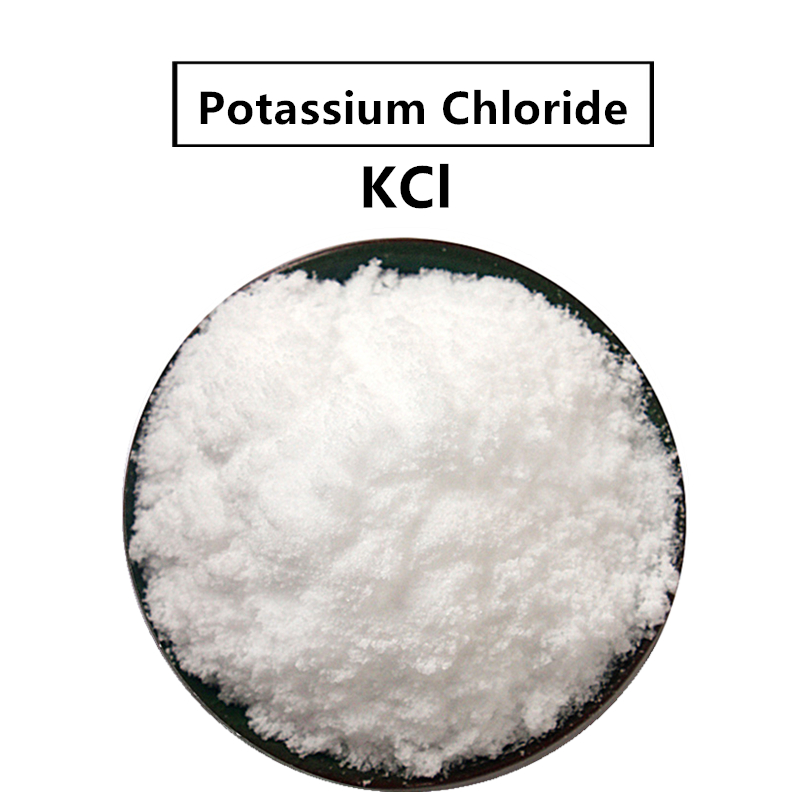
Fruits and vegetables are important components of a healthy children's diet. A majority of fruits and vegetables are high in iron, vitamin B12, vitamin C, and vitamin D. Some eggs can even be fortified with omega-3 fat acids to help children's brain development. A cup of fruit has about 12 calories. Most fruits can be cut into small pieces. Fresh or dried, you can also serve fruit with peanut butter for a snack.
Juice should not be drunk in excess. You can limit your child's intake of sugar by serving only one to two cups per day. You should not just sprinkle juice all over your child's food. Instead, give them a bowl full of fruit. It will give them fiber and other good nutrients. Additionally, juice can cause them drink too much between meals. This could pose a danger to their health. Too much sodium can lead to high blood pressure and heart disease. Generally, processed foods contain high levels of sodium.

A new study shows that 60% of foods sold to children are unhealthy. The researchers surveyed 156 products and found that over half contained added sugar, 15% had saturated fat, and 7 percent had salt. The researchers also examined the labels that companies use to label their "healthier foods" and the ingredients they contain. The study revealed that these foods were processed in a way that did not list the ingredients. They also lack the essential vitamins, minerals that children need to grow strong and healthy.
Sugary and processed foods can have serious health consequences for parents. To avoid this problem, parents need to focus on the whole diet and provide whole foods. Keep your children away from processed foods and place emphasis on healthy food. Instead, encourage your children to eat high-quality foods rich in vitamins. This will encourage them to eat healthy foods in the future. There are many options to encourage your child eat more fruits, vegetables, and other healthy foods. Set an example for your child by providing a healthy diet.
It is important for children to eat a variety and healthy diet. Each meal should contain at minimum one serving of each. For children aged between one and 14 years, the recommended daily fruit-and-vegetable intake is one cup per day for a toddler and three cups per day for a teenager. Flaxseed, omega-3 fatty fatty fish, and omega-3 are excellent sources of fats. Some fruits and vegetables are high in antioxidants and fiber.

Milk is a good source calcium and vitamin, and helps build strong bones. It also contains about 8 grams of protein. Dairy products should be restricted to children under 2 years old. Children should not consume eight ounces or more of cow's dairy milk each day. Once they've reached this age, it's okay to replace cow's milk with low-fat milk. Although yogurt and cheese are not healthy, they can still be great sources of vitamin D and calcium.
FAQ
Is Egg good for man?
The egg is rich in all nutrients needed by the human body. It supports strong bones, healthy heart, lungs, and stable blood sugar.
Eggs are a great source of protein, vitamins A and B12, D. E. K, calcium, magnesium, selenium and riboflavin.
The egg yolk has high cholesterol. However, it does not contain saturated fat. Eggs are low in saturated fat compared to other foods.
They are also low in calories and sodium. They are also very versatile because you can cook them any way you want. They can be poached or scrambled, baked, hard-boiled, or fried.
They are very healthy and simple to make.
You should eat at least two whole eggs per day. Avoid eating eggs.
Essential nutrients are found in eggs. Try adding them to your daily diet today.
Do Men Need A Gym Membership?
Men do not need a gym membership. However, your money will be more valuable if you join a gym.
Most gyms offer free trial members, which allows you to use the facilities without paying anything.
You can use the gym whenever you like, and it won't cost anything. You can cancel or modify your membership anytime you feel you don't like it.
How do I build muscle quickly?
Fast muscle building is possible by eating healthy foods and regularly lifting weights.
The best time to work out is early morning when you are fresh and ready for action!
Exercises such as push-ups and bench presses are good options.
Try different weight training routines, and don't forget to drink plenty of water throughout the day.
Statistics
- Get free shipping and 25% off today. (healthline.com)
- Candidates and applicants must pass all four tests at 70% (minimum level) to graduate from Basic Deputy U.S. Marshal (BDUSM) Training. (usmarshals.gov)
- By John Thompson Take a whopping 38% off a set of PowerBlock Pros. (menshealth.com)
- Are You One of the 20% of Guys (mh.co.za)
- 10 pounds in a month is likely during a lean bulking phase, especially for beginners. (muscleandstrength.com)
External Links
How To
What is the healthiest food for men?
Men should eat five servings per day of fruits and vegetables. Men should also limit their consumption of red meat and avoid fast food.
Vegetables and fruits are rich in antioxidants, which can protect against cancer and cardiovascular disease.
Vegetables include broccoli, cauliflower, carrots, spinach, tomatoes, peppers, cucumbers, lettuce, mushrooms, etc.
Beans and peas have high fiber and protein.
The best sources of omega-3 fat acids are nuts and seeds. Omega-3 fatty acid is essential for the brain and hormone production.
Fish is another good source of omega-3s. Fish contains more mercury than most other meats. However, fish liver oil does contain fewer toxins.
Omega-6s found in vegetable oils like corn, soybean, safflower, sunflower, and cottonseed oils are necessary for average growth and development.
Poultry is a good source of lean protein. Chicken breast is the most nutritious meat.
Lean beef is low in saturated fats and cholesterol. However, you should avoid eating too much red meat because too much iron may increase your risk of prostate cancer.
Avoid processed meats such as sausage and hot dogs. These processed meats contain nitrates that can cause cancer.
No doubt exercise is crucial for good health. You may already be working out on a regular basis. Is there anything else you can do to maintain or improve your physical condition?
Yes, it is! You have many options to maximize your workouts. Here are some tips for maximising your workout.
Take it slow. Do not push yourself too hard your first session. You could injure yourself. Start slow and build your intensity slowly.
Before and after you stretch. Stretching will loosen tight muscles and increase flexibility. You can stretch sitting down, standing, or moving around.
Cool down. This is especially important when you are doing cardio exercises. So that your body doesn't become exhausted, it needs to be able to recover between sessions. To cool down, walk slowly, take deep breaths, or go for a short swim.
Hydrate. Hydration can help you stay hydrated and reduce muscle cramps. Sports drinks, however, can be beneficial.
Eat right. You should eat enough calories every day. It will keep you feeling energized and focused while you work out by eating regular meals throughout each day.
Get enough rest. When you get enough sleep, you'll feel refreshed and ready for your next workout. You must also get adequate sleep to heal damaged tissues.